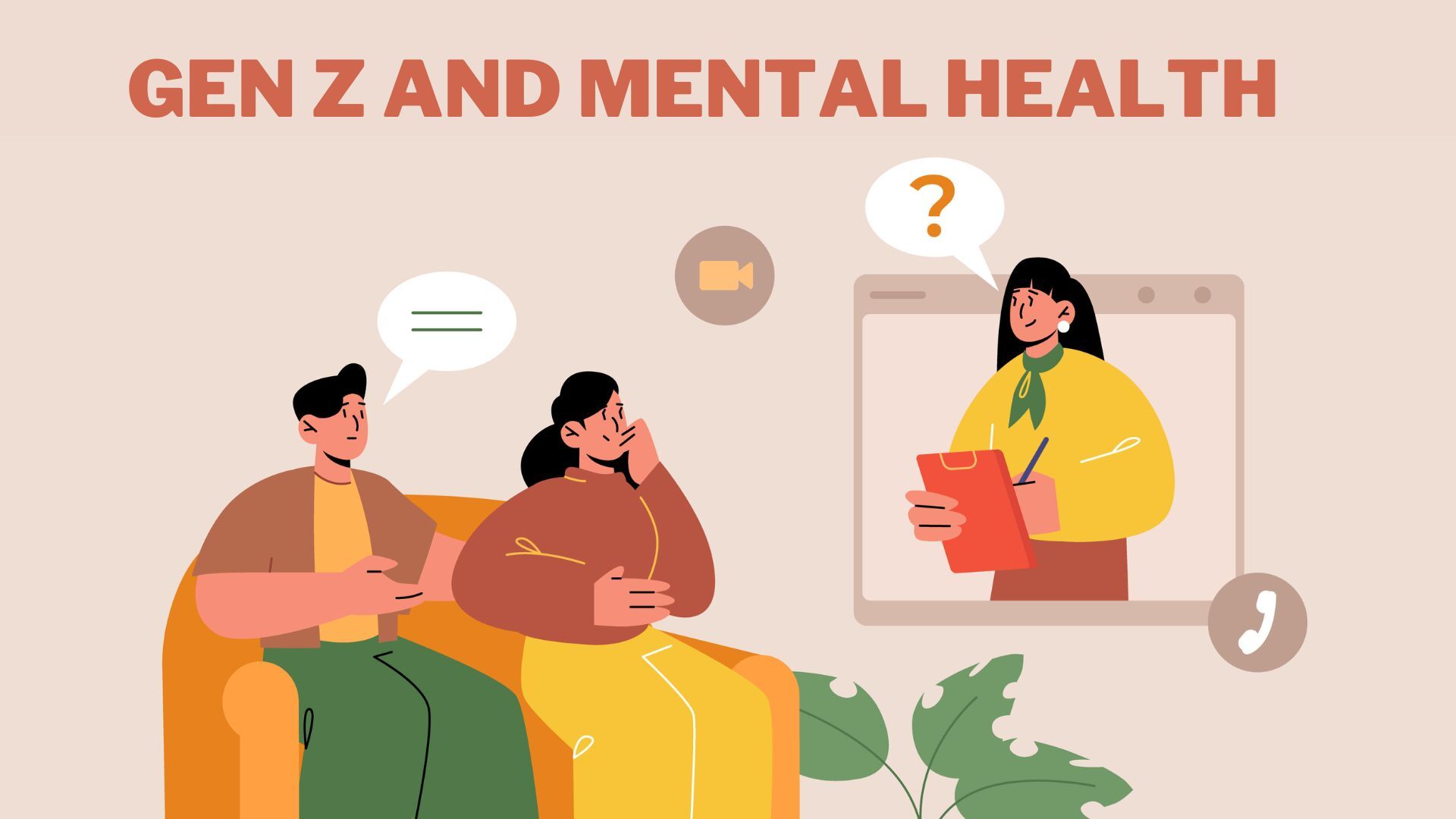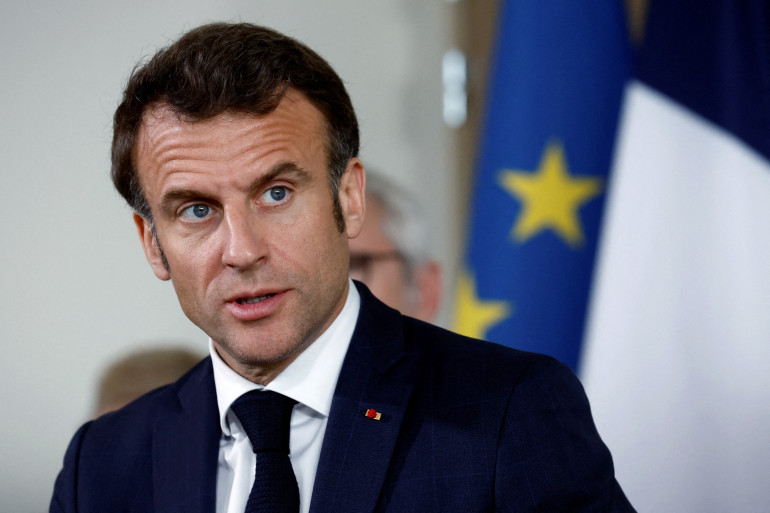Ghana's Mental Health System: Challenges And Opportunities For Growth

Table of Contents
Underfunding and Resource Constraints in Ghana's Mental Health System
The inadequate funding and resource constraints within Ghana's mental health system are significant barriers to providing effective care. This under-resourcing manifests in several critical areas.
Inadequate Funding
Chronic underfunding is a major impediment to progress. This lack of financial support translates directly into a shortage of essential resources across the board.
- Limited government budgetary allocation for mental health initiatives: The allocation of funds for mental health often lags behind other health sectors, resulting in insufficient resources for program implementation.
- Lack of investment in research and development of mental health programs: Limited research hinders the development of evidence-based interventions tailored to the specific needs of the Ghanaian population. This also impacts the ability to effectively measure the impact of existing programs and to advocate for increased funding.
- Insufficient funding for mental health infrastructure, including hospitals and community centers: The lack of adequate facilities limits the capacity to provide care, particularly in rural areas where access to mental health services is already limited. This results in overcrowded facilities and compromises the quality of care.
Shortage of Mental Health Professionals
A critical shortage of trained professionals further exacerbates the challenges faced by Ghana's mental health system. The lack of psychiatrists, psychologists, nurses, and social workers directly impacts the availability of effective care.
- Brain drain of trained professionals seeking better opportunities abroad: Many highly skilled mental health professionals leave Ghana in search of better salaries, working conditions, and career advancement opportunities in other countries.
- Limited training opportunities for mental health professionals within Ghana: The lack of robust training programs limits the pipeline of new mental health professionals entering the field, perpetuating the shortage.
- Uneven distribution of mental health professionals across the country, with urban areas better served than rural communities: This geographical disparity in access to care leaves many in rural areas without access to essential mental health services.
Stigma and Societal Attitudes Towards Mental Illness in Ghana
The pervasive stigma surrounding mental illness in Ghana significantly hinders access to care and contributes to poorer outcomes for individuals affected.
Cultural Misconceptions
Deep-rooted cultural beliefs and misconceptions play a major role in stigmatizing mental illness.
- Attribution of mental illness to witchcraft or spiritual possession: These beliefs often lead to individuals seeking help from traditional healers rather than seeking professional medical attention.
- Reluctance to seek professional help due to fear of social isolation or judgment: The fear of being ostracized or discriminated against prevents many from seeking the help they need.
- Lack of public awareness campaigns to combat stigma and promote understanding: The absence of comprehensive public education campaigns reinforces existing misconceptions and prevents positive changes in societal attitudes.
Impact of Stigma on Help-Seeking Behavior
The stigma associated with mental illness has a profound impact on help-seeking behavior, resulting in delayed or absent treatment.
- Individuals often rely on traditional healers, which may not provide effective care: While traditional healing practices play a role in some communities, they often lack the scientific basis to effectively treat mental health conditions.
- Delayed treatment leads to increased severity of mental health conditions: Early intervention is crucial for effective treatment of mental illnesses, and delayed treatment can result in more severe and chronic conditions.
- Social isolation and discrimination further exacerbate the challenges faced by individuals with mental illness: The stigma and discrimination individuals face can contribute to feelings of shame, hopelessness, and isolation, worsening their overall mental health.
Opportunities for Growth and Improvement in Ghana's Mental Health System
Despite the significant challenges, there are opportunities for substantial growth and improvement in Ghana's mental health system.
Increased Government Investment
Increased government investment is paramount to addressing the resource gaps and expanding mental health services.
- Allocate a greater percentage of the national budget to mental health: Prioritizing mental health within the national budget will ensure adequate funding for essential programs and services.
- Invest in infrastructure development, including community mental health centers: Building new facilities and improving existing ones will increase capacity and improve access to care.
- Fund training programs to increase the number of mental health professionals: Investing in training programs will help address the shortage of mental health professionals and ensure a pipeline of qualified individuals to meet the growing need.
Community-Based Mental Health Programs
Expanding community-based mental health services is crucial for reaching underserved populations and improving access to care.
- Establish mobile mental health clinics to reach remote communities: Mobile clinics can overcome geographical barriers and provide services directly to individuals in rural areas.
- Train community health workers to identify and support individuals with mental illness: Training community health workers will expand the workforce and improve early identification and intervention.
- Promote integration of mental health services into primary healthcare settings: Integrating mental health services into primary care will make them more accessible and improve early detection and management.
Public Awareness Campaigns
Launching comprehensive public awareness campaigns is essential for reducing stigma and promoting help-seeking behavior.
- Use media platforms (radio, television, social media) to disseminate information: Utilizing various media channels can reach a wider audience and effectively communicate key messages.
- Organize community events and workshops to educate the public: Community events can foster dialogue and dispel misconceptions about mental illness.
- Partner with religious and community leaders to spread awareness and challenge misconceptions: Engaging religious and community leaders can help build trust and overcome cultural barriers.
Conclusion
Ghana's mental health system faces considerable challenges, including underfunding, a shortage of professionals, and widespread stigma. However, significant opportunities exist to improve the system through increased government investment, expansion of community-based services, and robust public awareness campaigns. Addressing these issues requires a multi-faceted approach involving government commitment, healthcare professionals, community leaders, and individuals. By prioritizing Ghana's mental health system, we can work towards creating a more equitable and supportive environment for all citizens. Let's collaborate to improve Ghana's mental health system and foster a society that values mental wellbeing. Investing in Ghana's mental health is investing in a healthier, more productive future.

Featured Posts
-
 Reform Party Leadership Why Farage Should Step Aside For Rupert Lowe
May 03, 2025
Reform Party Leadership Why Farage Should Step Aside For Rupert Lowe
May 03, 2025 -
 Emmanuel Macron Face A La Douleur Images Rares De Son Emotion Apres Avoir Rencontre Des Victimes Israeliennes
May 03, 2025
Emmanuel Macron Face A La Douleur Images Rares De Son Emotion Apres Avoir Rencontre Des Victimes Israeliennes
May 03, 2025 -
 Lqae Wzyr Altjart Alsewdy Me Nzyrh Aladhrbyjany Tezyz Alshrakat Alaqtsadyt
May 03, 2025
Lqae Wzyr Altjart Alsewdy Me Nzyrh Aladhrbyjany Tezyz Alshrakat Alaqtsadyt
May 03, 2025 -
 Tulsa Winter Preparedness 66 Salt Spreaders Keep Roads Clear
May 03, 2025
Tulsa Winter Preparedness 66 Salt Spreaders Keep Roads Clear
May 03, 2025 -
 Solidarnosc Vs Republika Analiza Wypowiedzi Sakiewicza Na Temat Wyroznien
May 03, 2025
Solidarnosc Vs Republika Analiza Wypowiedzi Sakiewicza Na Temat Wyroznien
May 03, 2025
